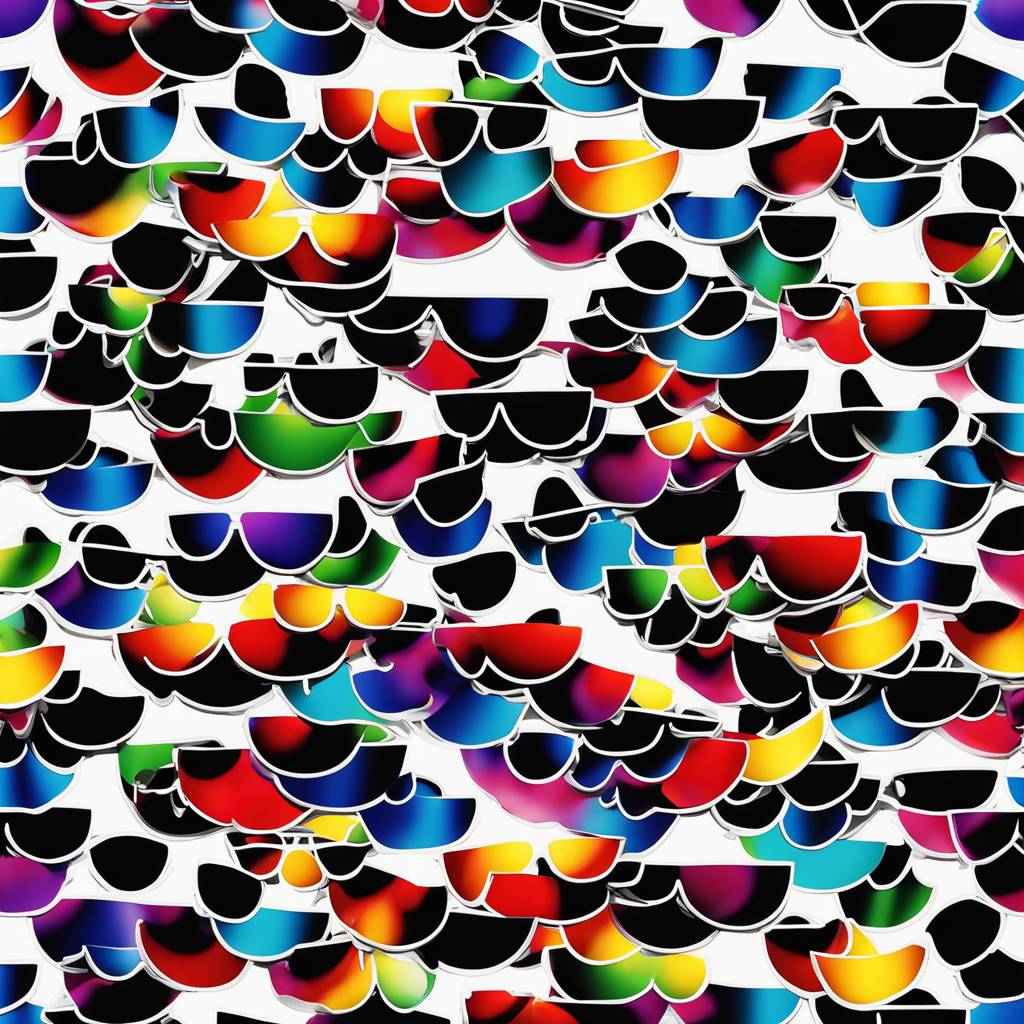As the excitement around the total solar eclipse grows, so do concerns about counterfeit and fake eclipse glasses. The Canadian Space Agency warns that looking directly at the sun without proper protection can lead to serious eye damage, such as partial or complete loss of eyesight. Experts emphasize the importance of obtaining internationally certified glasses that can prevent any harm to the eyes. Even during a partial solar eclipse, when the sun is not completely covered, UV rays can still cause damage to the eyes, as the reduced glare may give the false impression of safety.
Warnings about knockoff eclipse glasses have been issued in anticipation of the total solar eclipse on April 8 in Kingston. Queen’s University has alerted residents about counterfeit eclipse glasses sold online that do not provide adequate protection from sunlight. The American Astronomical Society has also raised concerns about counterfeit and fake eclipse glasses flooding the market. Celestial Optical, a U.S. company, reported that thousands of counterfeit versions of their eclipse glasses were sold on Amazon.ca, leading to safety issues for consumers.
Health Canada has not received any reports of fake or counterfeit solar eclipse glasses being sold in the country. The upcoming total solar eclipse will be the first to cross Canada since 1979, with residents in parts of Ontario, Quebec, New Brunswick, Prince Edward Island, Nova Scotia, and Newfoundland and Labrador getting the opportunity to witness it. People watching the eclipse should wear specialized glasses that meet safety requirements set by the ISO 12312-2 international standard. These glasses undergo inspection for safety to ensure harmful rays do not penetrate them.
Despite the ISO standard, experts warn that counterfeit eclipse glasses can still be labeled as ISO-compliant without proper safety testing. Consumers are urged to buy from reliable sources and to check with vetted suppliers listed by the American Astronomical Society. Samir Jabbour, an ophthalmologist, advises against purchasing scratched glasses, as they can allow UV light to enter the retina and cause damage. Red flags to watch out for include missing company information on the glasses and a lack of metallic coating on the sun-facing side, which is essential for safe solar viewing.
It can be challenging to determine if a pair of eclipse glasses meets the ISO standard without a lab test, as vendors can falsely claim compliance with the ISO logo. To ensure safety, experts recommend testing the glasses outside on a sunny day to verify that only very faint lights are visible through them. Regular sunglasses should not be worn while looking at the eclipse, and it is essential to follow proper procedures when wearing eclipse glasses. Looking down at the ground before and after viewing the sun through the glasses, as well as using a pinhole projector for indirect viewing, are recommended precautions to prevent eye damage during the eclipse.
During the total solar eclipse, it may be tempting to take off eclipse glasses, but experts caution against doing so unless you are certain of the timing of totality. Even a sliver of sunlight can cause harm to the eyes, and children should be closely supervised during the event. Overall, obtaining authentic and properly tested eclipse glasses from reputable sources is crucial to protect against eye damage. It is important to remain vigilant against counterfeit and fake glasses in the marketplace and to prioritize safety while observing the upcoming total solar eclipse on April 8.


